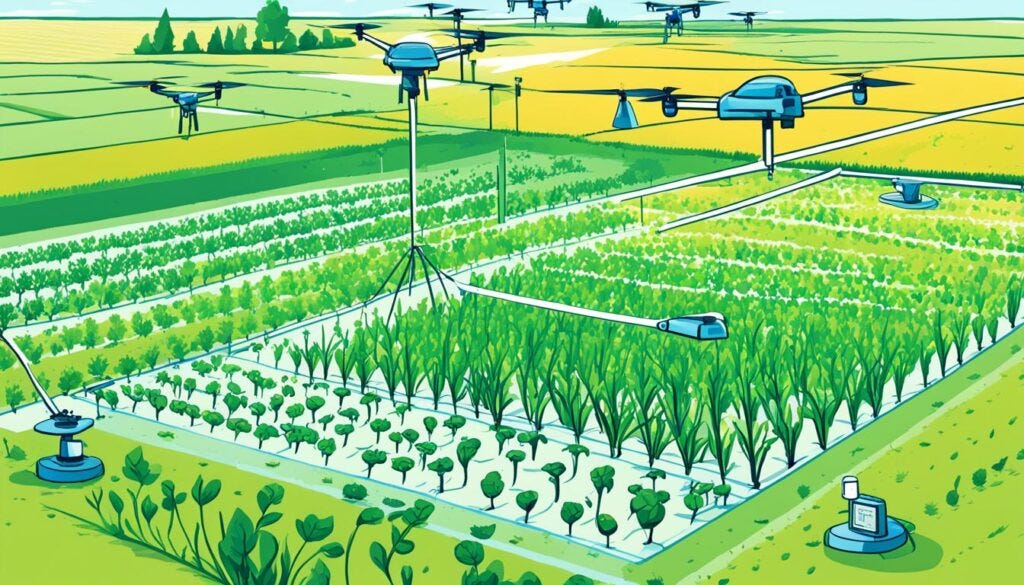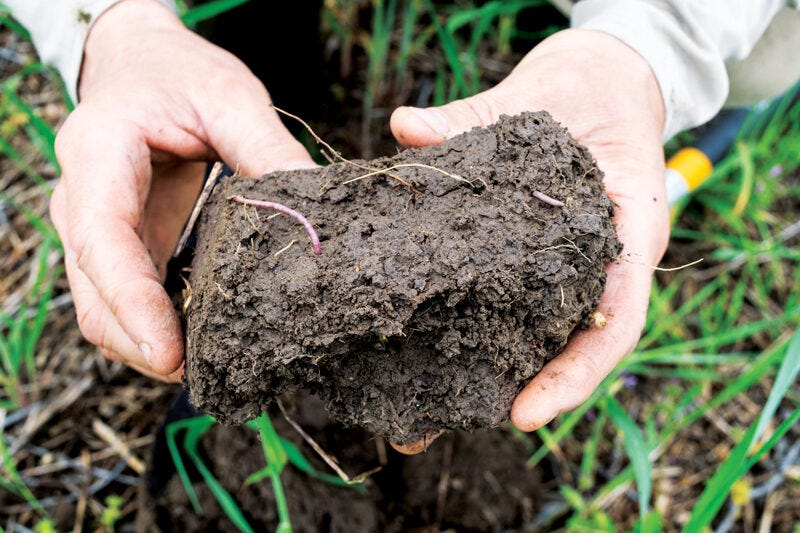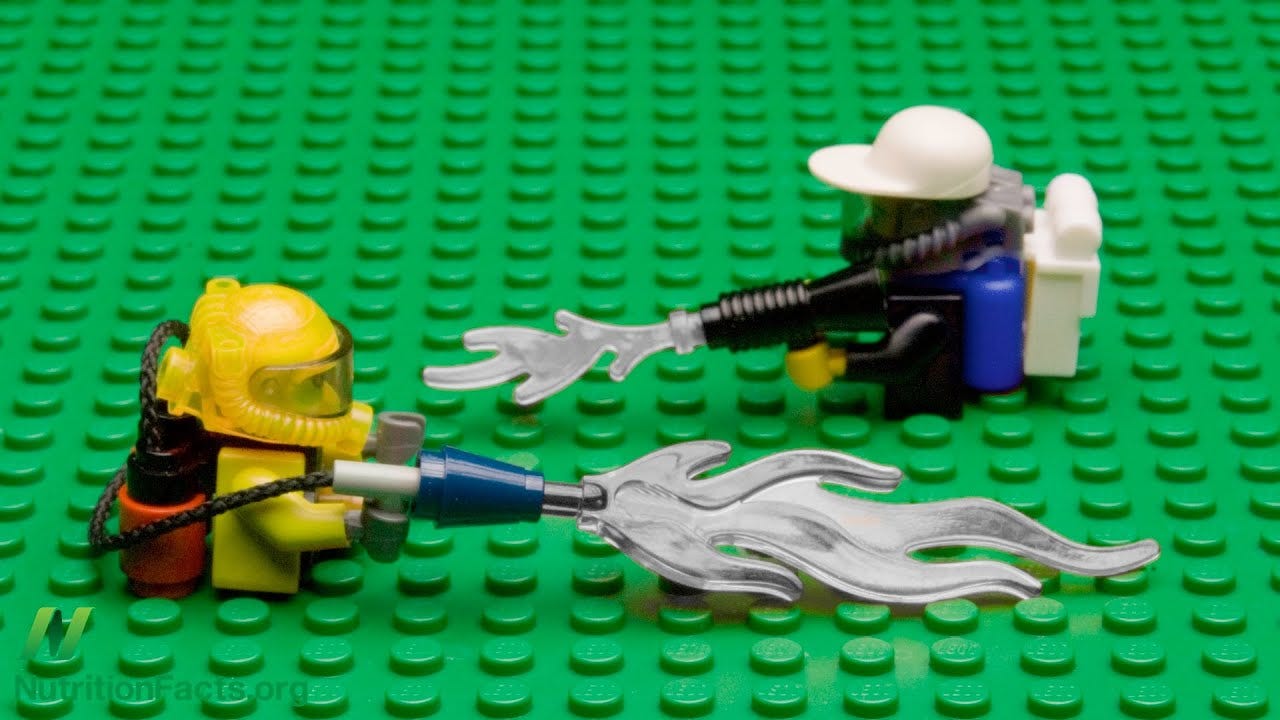Glyphosate & The Clever Hans Effect (CH)
What Is It And What Is It Doing To Our Food Systems Via Glyphosate Use?
The “Clever Hans” Effect in Agriculture: How Glyphosate Became an Illusion of Necessity
For decades, glyphosate has been promoted as an essential tool in modern agriculture. Farmers, policymakers, and industry leaders alike reinforce the belief that "food cannot be grown without glyphosate." But what if this assumption is built on a cognitive illusion rather than actual necessity? Which of course it must be an illusion, because we were growing food before glyphosate evolved.
In the early 1900s, a horse named Clever Hans amazed audiences by seemingly solving arithmetic problems. However, Hans wasn’t performing calculations—he was responding to subtle human cues. His intelligence wasn’t in mathematics but in pattern recognition and social feedback. The world mistook a learned response for genuine understanding.
This “CH” concern is currently being felt or at least considered in the ever expanding realm of artificial intelligence “AI”. Certainly AI is finding it’s way into Agriculture as we can see here.
Fast forward to today, and industrial agriculture has fallen into a similar Clever Hans effect: farmers and regulators believe that glyphosate is essential because they have been conditioned to think so, rather than questioning the deeper biological mechanisms that regulate plant growth naturally.
Quorum Sensing in Soil: The Forgotten Intelligence of Soil
Beneath the surface of every healthy ecosystem lies a complex network of microbial intelligence. Plants do not exist in isolation—they communicate with microbes in the soil through biochemical signals in a process called quorum sensing. This natural system has evolved over millions of years to:
Regulate nutrient exchange between plant roots and soil microbes.
Suppress weeds naturally by fostering beneficial microbial communities.
Enhance plant resilience through symbiotic relationships.
Glyphosate disrupts this biological intelligence by killing off beneficial microbes, severing the natural plant-soil communication networks. Rather than improving farming, glyphosate creates an artificial dependence—a cycle in which chemical intervention becomes necessary because the soil’s natural ability to regulate itself has been degraded.
The Clever Hans Effect: How Farmers Were Trained to Ignore Soil Intelligence
Industrial farming has unknowingly trained farmers to rely on glyphosate, plus fungicides, herbicides and pesticides much like Clever Hans learned to rely on human cues. Here’s how this illusion took hold:
Mistaking Correlation for Causation
Farmers see that glyphosate eliminates weeds and assume it is the only way to do so.
In reality, regenerative agriculture demonstrates that healthy soil ecosystems suppress weeds without synthetic chemicals.
Industry Influence as Unintended Cues
Just as Clever Hans responded to subtle human signals, farmers are influenced by marketing, subsidies, and industry-backed research that reinforce glyphosate as essential.
Suppressing Alternative Narratives
Many farmers never see examples of large-scale farming without glyphosate because alternative approaches are underfunded, overlooked, or dismissed.
Breaking Free: Rethinking Weed Management Without Chemicals
Understanding the Clever Hans effect in agriculture allows us to challenge the assumptions that keep farmers locked into glyphosate dependency. Here’s how we can restore soil intelligence and move beyond chemical agriculture:
1. Regenerative Agriculture: Working with Soil, Not Against It
Cover Cropping: Suppresses weeds naturally while improving soil structure.
Companion Planting: Uses plant diversity to disrupt weed establishment.
Minimal Tillage: Preserves soil microbiomes, allowing quorum sensing to function properly.
2. Microbial Inoculants: Restoring Natural Soil Intelligence
Mycorrhizal fungi and bacterial inoculants enhance soil resilience and reduce weed pressure.
3. Policy and Education: Shifting the Narrative
Funding regenerative practices instead of chemical-based farming.
Promoting soil health education to help farmers transition away from glyphosate dependence.
Conclusion: Time to See Beyond the Illusion
The story of Clever Hans reminds us how easy it is to mistake learned behavior for true understanding. Just as Hans wasn’t really solving math problems, modern industrial agriculture isn’t truly managing weeds—it’s merely responding to a system of reinforcement and incentives that make glyphosate seem necessary.
But nature has already developed a far more advanced, self-sustaining system—quorum sensing. By restoring soil intelligence instead of disrupting it, we can eliminate our dependence on synthetic herbicides, rebuild soil health, and grow food in a way that supports both farmers and ecosystems.
The challenge now is simple: Are we willing to break free from the Clever Hans illusion and trust in the intelligence of nature?
Here are some final details from a video making the important point that glyphosate is not directly the same as Roundup.
Thank you as always for following our Substack articles.






